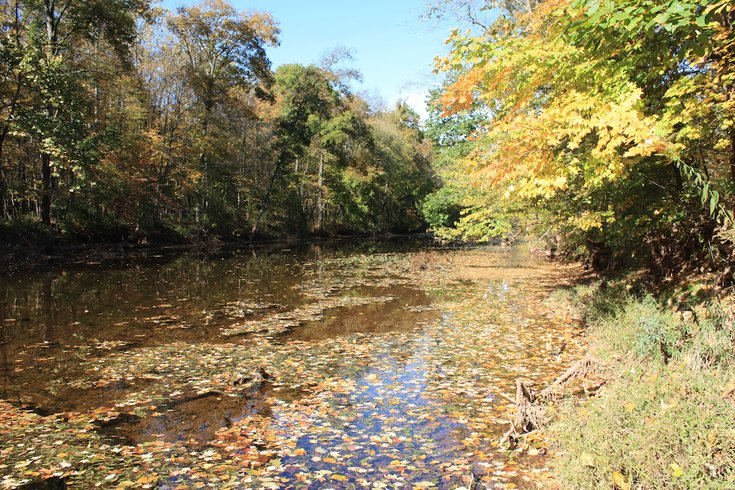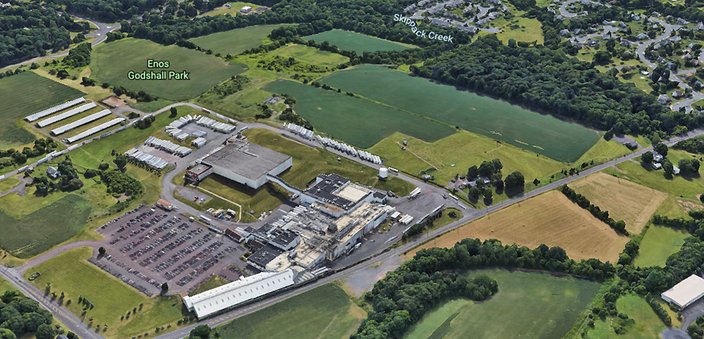
October 12, 2018
 Montgomery County Planning Commission/via Flickr Creative Commons
Montgomery County Planning Commission/via Flickr Creative Commons
The Skippack Creek runs near a beef processing plant in Souderton, Montgomery County.
Slaughterhouses generally provide a mental picture that is best avoided, but a new environmental report provides another not-so appealing reality: they’re illegally dumping their wastewater — including feces, fat and blood — into U.S. waterways.
Several meat processing plants in the Philadelphia suburbs and in Delaware are mentioned in the report, WHYY reports.
The Environmental Integrity Project's report this week examined Environmental Protection Agency enforcement and compliance data for nearly 100 large slaughterhouses across the country, with a specific focus on those that produce more than 250,000 gallons of wastewater a day.
WHYY reports:
Between Jan. 1, 2016, and June 30 this year, three-quarters of those slaughterhouses violated the Clean Water Act by improperly disposing of wastewater contaminated with blood, fat and feces. One of the hardest hit areas is Sussex County, Delaware, which is home to five chicken slaughterhouses in just over 1,000 square miles.
RELATED READ: Your old contact lenses are contributing to microplastic pollution in our food
Interestingly, the report claims the Mountaire Farms plant in Selbyville, Delaware, has reportedly violated the Clean Water Act in every quarter of the last three years. The farm's main offense is discarding waste into the Sandy Branch section of the St. Martin River, WHYY explains. In Pennsylvania, the Keystone Protein poultry slaughterhouse in Fredericksburg, Lebanon County, was reportedly hit with 62 violations over the one-and-a-half-year period — paying $1,030 in fines, per the report.
The JBS Souderton beef processing plant in Souderton, Montgomery County, sits near Skippack Creek (at top right).
In Montgomery County, the JBS Souderton plant — the largest beef processing facility east of Chicago — was cited for violations of the Clean Water Act 18 times during the observed period for illegal discharges into Skippack Creek, the report contends, citing EPA data.
Clearly this is a BIG problem in our area, and current penalties would seem to be slap on the wrist for these large companies — serving as a fine to for them to continue their environmentally-unethical actions.
The thing is, not all processing plants mentioned in the report were found in violation of the Clean Water Act. That seems to provide evidence that it is possible for these plants to operate within the confines of the law.
 Source/Google Earth
Source/Google Earth